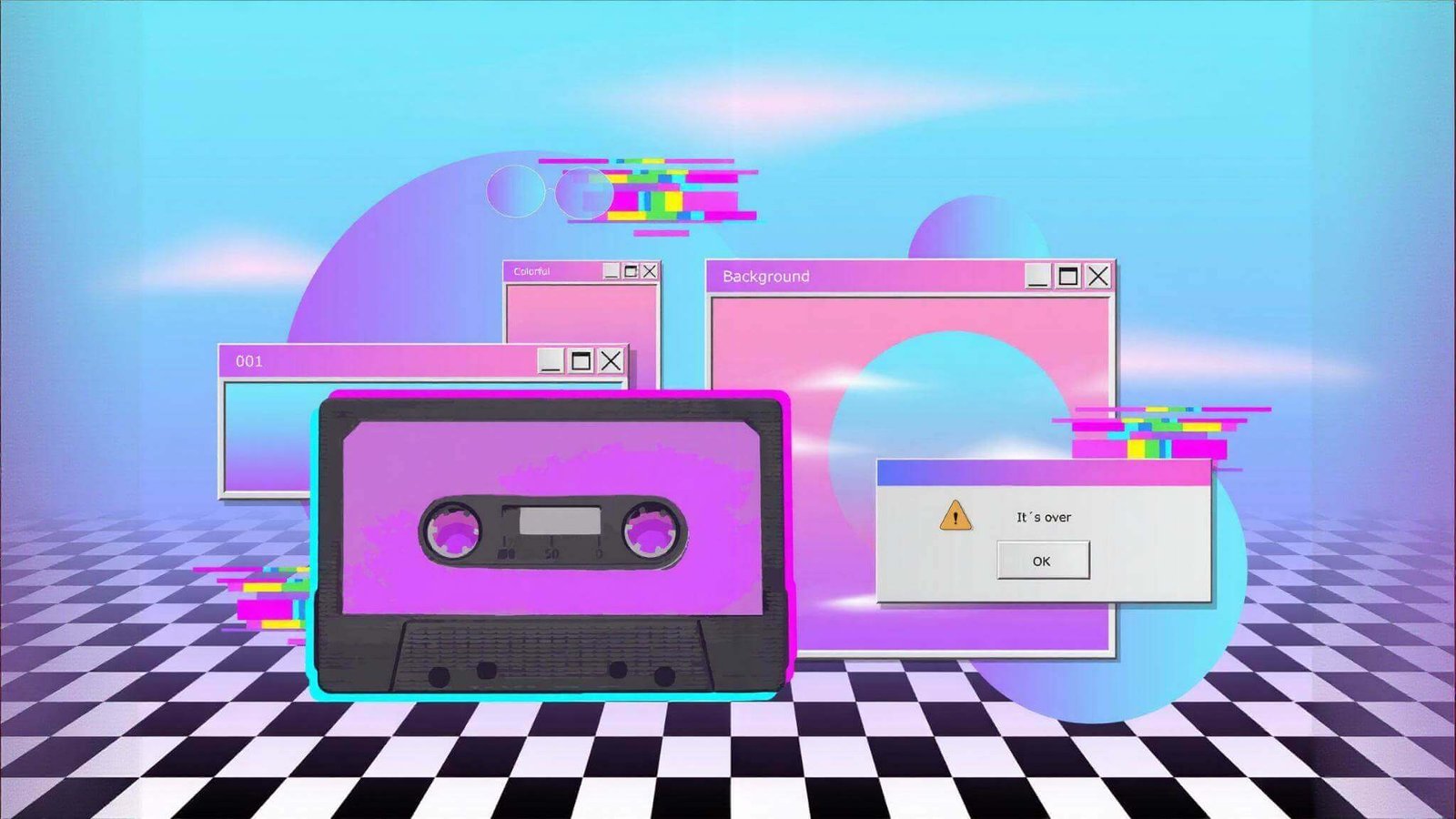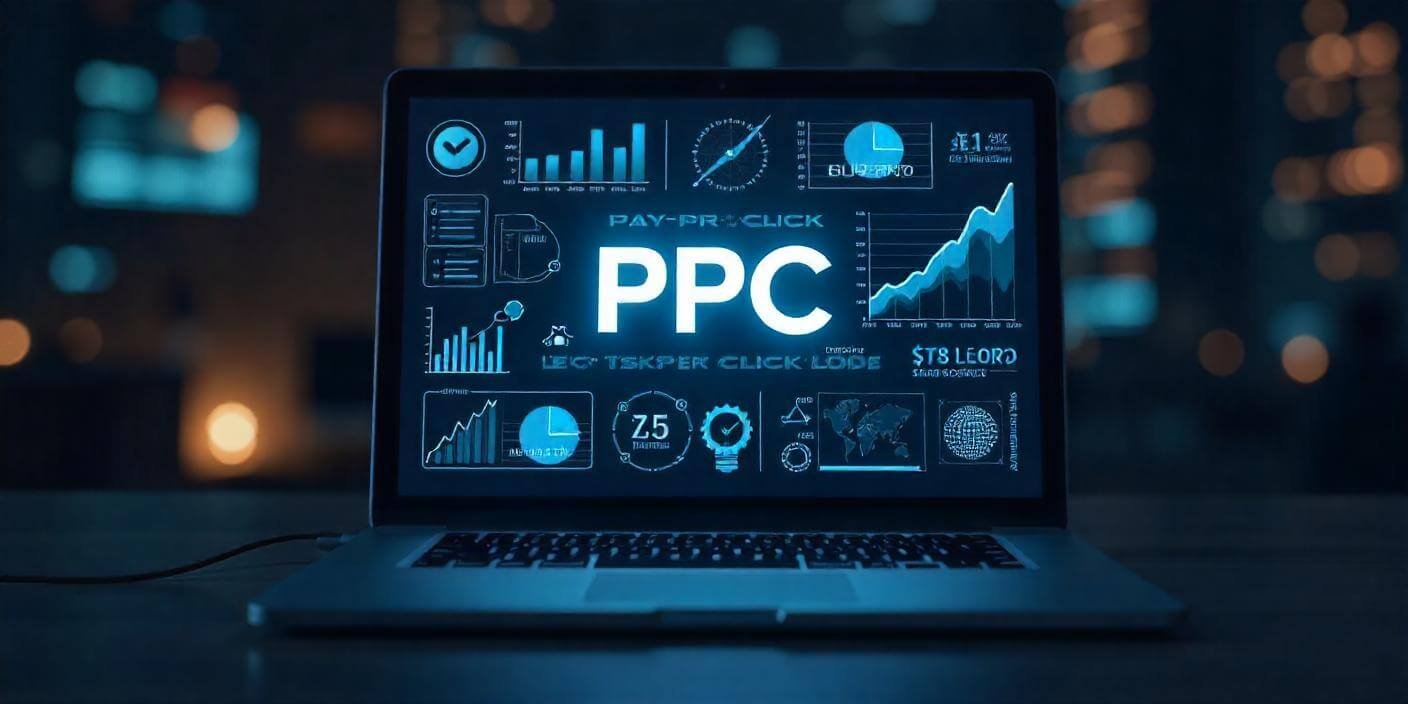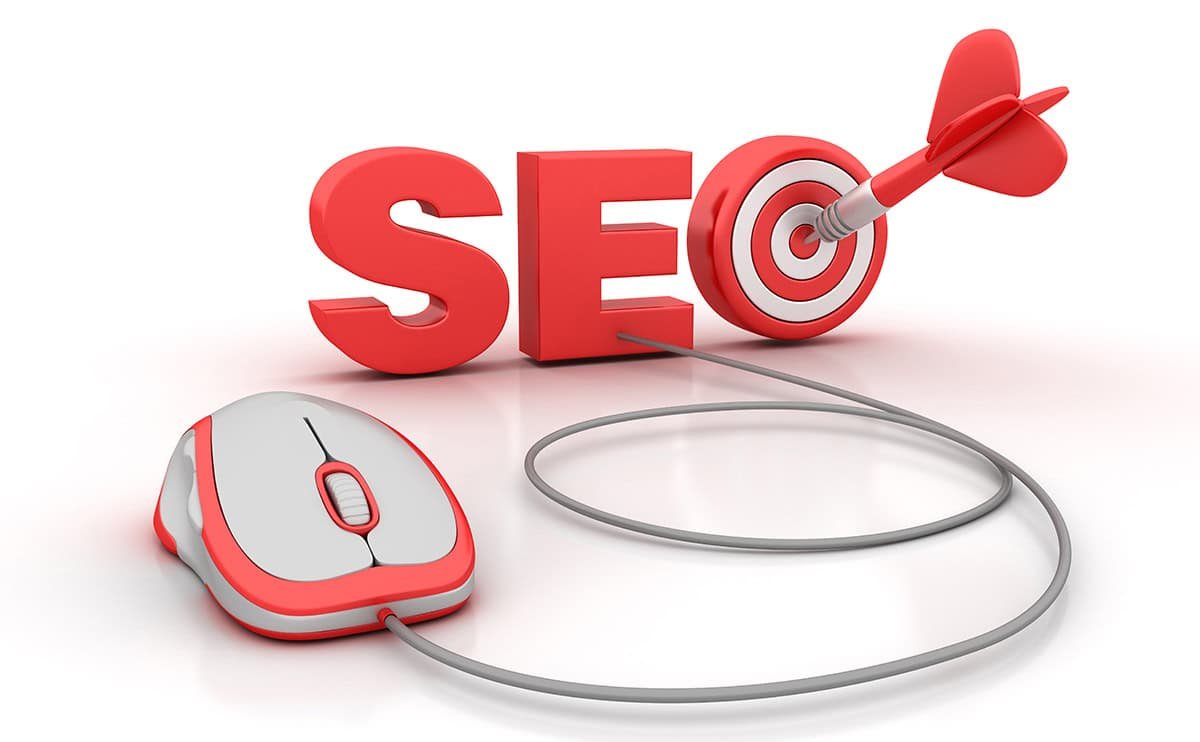
Growth Hacking Ideas – What Is Growth Hacking and How Can You Use It to Scale Quickly?
- Digital Marketing
I fell into digital marketing around 25 years ago and I’ve been doing this ever since. By modern standards, this makes me a veteran!
I often reflect on this time, thinking back to where it all started, how the world used to be pre-Google, and how the technology has evolved over the years. If you’re old enough to remember dial-up internet, you’ll know It’s been quite the rollercoaster over the past 25 years, hasn’t it?
Let’s take a nostalgic stroll down memory lane, reminisce about the dot-com bubble, and then gaze into the crystal ball to see what the future holds. Spoiler alert: it involves AI, and no, it’s not about robots taking over (yet).
Cast your mind back to the mid-1990s. The internet was like the Wild West—uncharted, exciting, and a bit chaotic. Search engines like Yahoo!, AltaVista, AskJeeves, and Lycos were our trusty steeds, guiding us through the vast digital frontier. Google? Oh, that was just a glimmer in Sergey and Larry’s eyes.
Back then, digital marketing was all about banner ads—those flashy, often annoying rectangles promising you free stuff if you’d just click. And click, we did, because who could resist the allure of a free insert dubious product here?
The late ’90s and early 2000s—a time when adding “.com” to your company’s name could skyrocket your stock price. Investors were throwing money at anything with an internet connection, and digital marketing budgets ballooned. Companies spent lavishly on online ads, often without a clear strategy. It was like a digital gold rush, but as history teaches us, all that glitters is not gold.
The bubble burst spectacularly, reminding us that sustainable business models and measured marketing strategies are, well, kind of important.
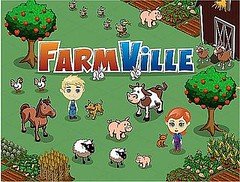
Post-bubble, the internet matured, and along came social media. MySpace let us customise our profiles with obnoxious background music (sorry, friends), and Facebook connected us with people we hadn’t thought about since primary school.
Marketers quickly saw the potential: direct access to consumers! Social media marketing became the new frontier, and suddenly, everyone was vying for likes, shares, and the elusive viral post.
Remember FarmVille? Brands partnered with games like that to engage users—because nothing says brand loyalty like watering your virtual crops.
As Google ascended to search engine supremacy, Search Engine Optimisation (SEO) became the holy grail of digital marketing. Early SEO was a bit like the Wild West (again)—keyword stuffing, link farms, and other shady tactics were rampant.
But Google got smarter, algorithms evolved, and SEO transformed into the sophisticated discipline it is today, focusing on quality content and user experience. It’s been a game of cat and mouse, with marketers constantly adapting to the ever-changing rules of the game.
With the advent of smartphones, suddenly everyone had the internet in their pocket—and marketers had a direct line to consumers 24/7. Mobile marketing exploded, with apps, push notifications, and SMS campaigns becoming integral parts of the strategy.
Remember the early days of QR codes? We all thought they were the future, but it turns out, people weren’t too keen on scanning random squares with their phones. Live and learn. There’s still time yet!
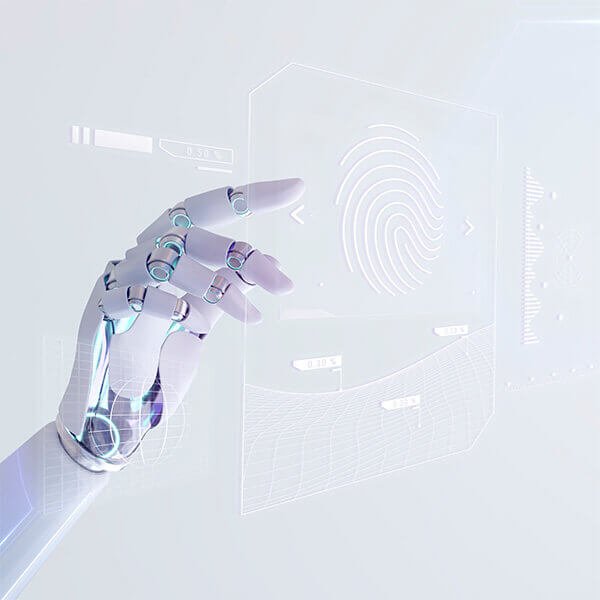
Now, here we are in 2025, standing on the precipice of a new era in digital marketing. Artificial Intelligence (AI) is no longer the stuff of science fiction; it’s here, and it’s transforming the industry in ways we couldn’t have imagined.
AI allows for hyper-personalised marketing experiences. By analysing vast amounts of data, AI can predict customer behaviour, preferences, and needs, delivering content that’s tailor-made for each individual. It’s like having a personal shopper, but without the awkward small talk.
Customer service has never been so efficient. AI-driven chatbots can handle inquiries 24/7, providing instant responses and solutions. They’re getting so good; sometimes you can’t even tell you’re not chatting with a human.
The future of digital marketing is bright—and smarter than ever. From nostalgia to AI, it’s been quite the journey, and I, for one, can’t wait to see what comes next.


